 |
 |
 |
 |
|
 |
 |
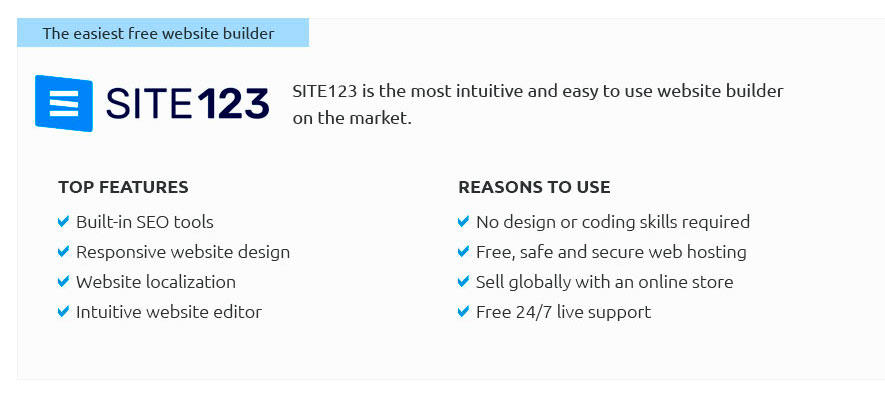 |
|
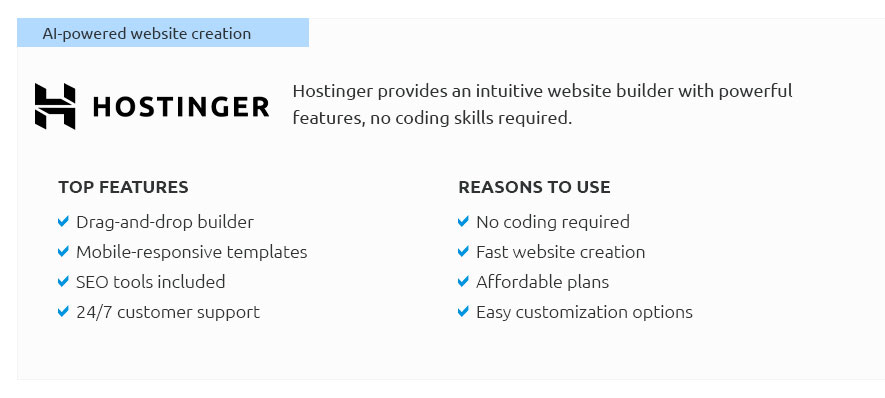 |
|
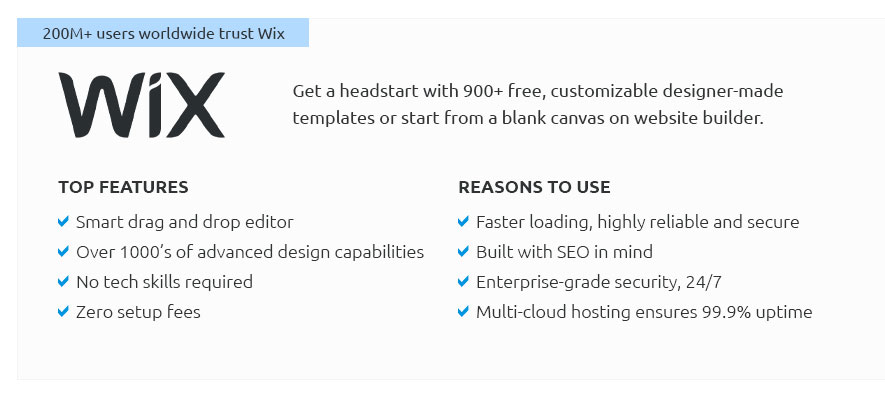 |
 |
|
 |
|
 |
|
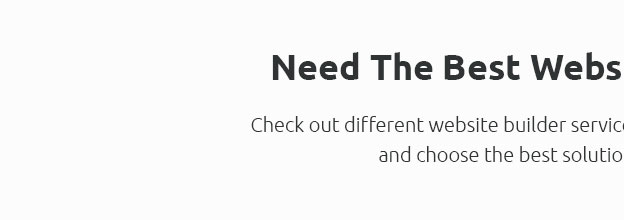 |
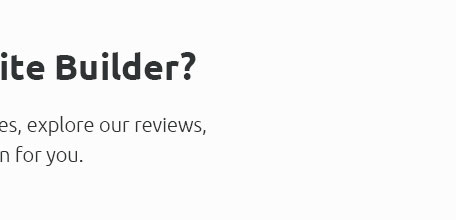 |
How to DIY Website: A Step-by-Step Guide for BeginnersCreating your own website can be an incredibly rewarding experience. Whether you're starting a personal blog, launching a small business, or setting up an online portfolio, building a website yourself can save you money and give you complete control over your online presence. Planning Your WebsiteBefore you begin building your website, it's essential to plan thoroughly. Consider the purpose of your site, your target audience, and the type of content you want to include. Define Your GoalsUnderstanding what you want to achieve with your website is crucial. Are you trying to showcase your work, sell products, or provide information? Defining clear goals will guide your design and content decisions. Research Your AudienceKnowing your audience helps tailor your content to meet their needs. Consider their demographics, interests, and online behaviors. Designing Your WebsiteDesign plays a critical role in user experience. A well-designed website can make a significant difference in how visitors perceive your brand. Choosing a PlatformThere are several platforms available for building websites. WordPress, Wix, and Squarespace are popular options. Each platform has its own pros and cons, so choose one that aligns with your skill level and needs. Creating a LayoutYour website layout should be intuitive and easy to navigate. Consider a simple structure with clear menus and a consistent style throughout. Building Your WebsiteOnce you have a plan and design in mind, it's time to start building your site. Registering a Domain NameA domain name is your website's address on the internet. Make sure to choose a name that is easy to remember and relevant to your content. You can easily buy a url domain through many online services. Setting Up HostingWeb hosting is necessary to make your site accessible online. Choose a reliable hosting provider that fits your budget and requirements. Adding ContentYour content should be engaging and relevant. Use a mix of text, images, and videos to enhance the user experience. Launching and Maintaining Your WebsiteAfter building your site, it's important to launch it effectively and maintain it regularly. Testing Your WebsiteBefore going live, thoroughly test your website to ensure everything functions correctly. Check links, forms, and media to prevent any issues after launch. Marketing Your SitePromoting your website is essential to attract visitors. Utilize social media, SEO, and email marketing to reach your audience. If you're planning to help others, learning how to create websites for clients can be a valuable skill. Regular UpdatesKeep your content fresh and up-to-date. Regular updates can improve SEO and keep visitors coming back for more. FAQWhat is the best platform for beginners to create a website?For beginners, WordPress is often recommended due to its flexibility and a large number of available resources and tutorials. How much does it cost to build a DIY website?The cost can vary widely depending on your needs, but a basic website can be created for as little as $50 to $100 per year, including domain registration and hosting. Do I need to know how to code to build a website?No, many website builders offer drag-and-drop interfaces that do not require any coding knowledge. https://www.strikingly.com/blog/posts/the-ultimate-guide-to-diy-websites
Strikingly is one of the best DIY website builders on the market today because it offers an intuitive interface that makes creating websites simple and fun. https://www.jimdo.com/blog/22-tips-for-building-a-diy-website/
Here's a simple list of the best DIY website tips to get you started. 1. Start with a simple site plan. Grab a piece of paper and map out the pages you want in ... https://www.youtube.com/watch?v=CIPdU6RqBqk
What's up, peeps! If you're looking to make a website with WordPress in 2018 then I just updated my free tutorial on exactly how to do it!
|